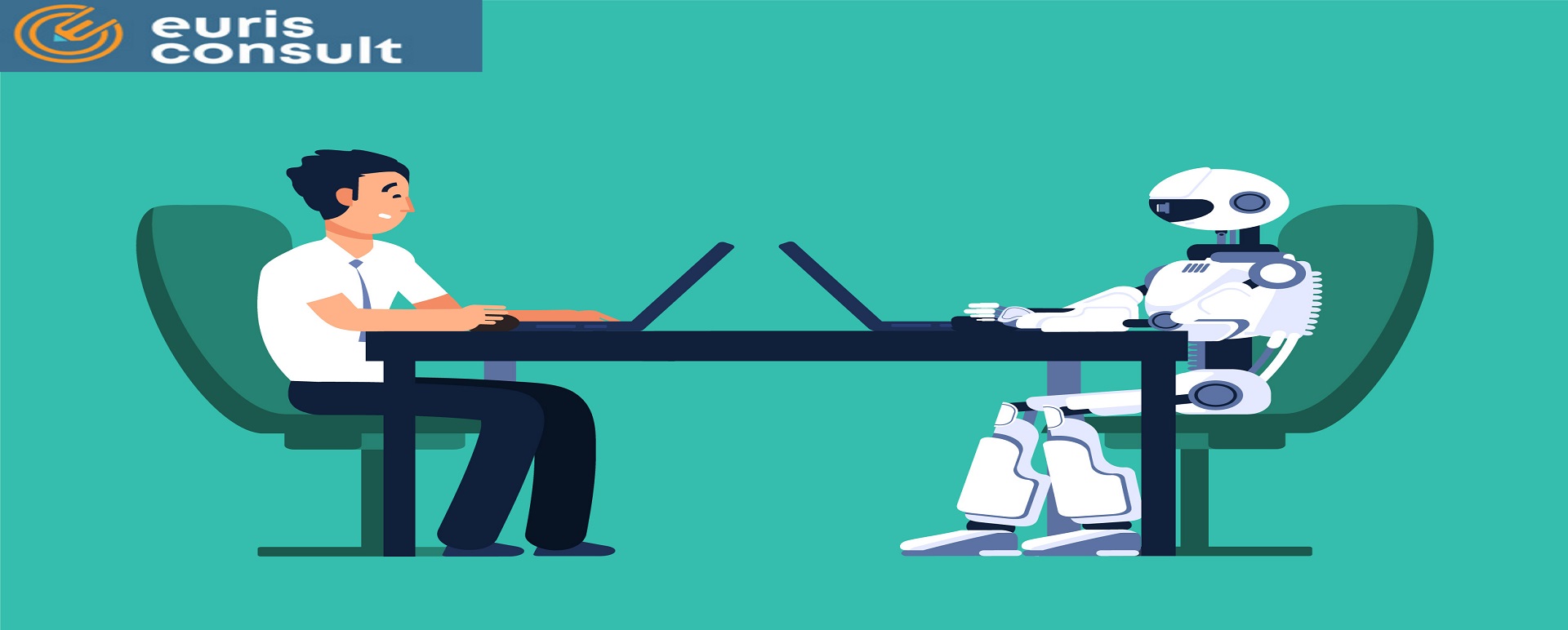Is Machine Translation Replacing Human Translators?

Machine translation has indeed changed and altered forever the way humans translate text from one language to another. When we are on holiday, we can always rely on our friend Google Translate to help us read menus in other languages, or even to communicate with the locals in their own language. This definitely facilitates basic communication and makes our lives easier.
Notwithstanding the benefits, machine translation will never produce an accurate and precise translation, and therefore, businesses should steer clear of it. Human translators are able to spot words and expressions that might have more than one meaning, cultural and grammatical differences, as well as, identifying nuances that machine translation would not. Thus, businesses should always make use of Professional Translation Services not only to preserve their credibility and reputation, but to produce quality translations free of any mistranslations or ambiguousness.
One needs to use a device like a computer, tablet or phone in order to carry out machine translation and these machines use AI (artificial intelligence) to continuously update and learn, and eventually apply what is learnt to translation. There are multiple free machine translations and one of the most popular is Google Translate. One simply inputs the text, selects their source and target languages and it translates the text almost instantly and for free. Machine translation is not able to take context and culture into consideration and therefore, it would be impossible for a machine to carry out localisation. Localisation is the process of adapting the content of a translation to target a specific market in a country or region.
Human translators always translate into their native language in order to produce high quality translations. If machine translation does not recognise a word, it will automatically skip it. Whereas humans will always do their research and use their own experiences and interpretation to understand the complexities of linguistics and languages. They also collaborate and consult with their fellow colleagues on regular basis. Besides translating words, human translators are also able to mould and shape the style and tone so that the text conforms with the client’s needs. It will be written by a human with a personality, rather than a robot, which is necessary for persuading specific target audiences. Besides being linguistically accurate, human translators are able to learn about different cultures and their norms, and therefore they help produce a translation that is culturally sensitive. Obviously, there are also a couple of drawbacks to human translation. Time and effort are generally taken to ensure high quality, which means human translation requires much longer deadlines and it also tends to cost more than machine translation.
If you need to translate documents of high importance, then we highly recommend you to contact an agency that provides professional translation services like Euris Consult Ltd. Please email us on translations@eurisconsult.com if you require our professional translation services and we will provide you with a quote for free.
